Intermittent fasting is an eating pattern that involves cycling between periods of eating and fasting. It has been shown to have a number of benefits for longevity. Here's how intermittent fasting can support a long and healthy life:
Reduces the risk of chronic diseases: Intermittent fasting has been shown to reduce the risk of chronic diseases such as heart disease, diabetes, and certain types of cancer.
Supports brain health: Intermittent fasting has been shown to improve brain function and may help reduce the risk of cognitive decline and dementia.
Increases lifespan: Studies have shown that intermittent fasting can increase lifespan, with some research suggesting that it may add as many as three years to your life.
Improves mental and physical performance: Intermittent fasting has been shown to improve mental and physical performance by increasing focus and energy.
To practice intermittent fasting, try to:
Eat all your meals within a specific time window, such as 8 hours
Fast for 16 hours or more between meals
Drink plenty of water and non-caloric beverages during the fasting periods
Overall, the benefits of intermittent fasting for longevity are clear. By incorporating this eating pattern into your routine, you can help reduce the risk of chronic diseases, support brain health, and potentially add years to your life. To learn more about how different dietary and exercise regimes could benefit your health schedule a free consultation with us anything HERE



